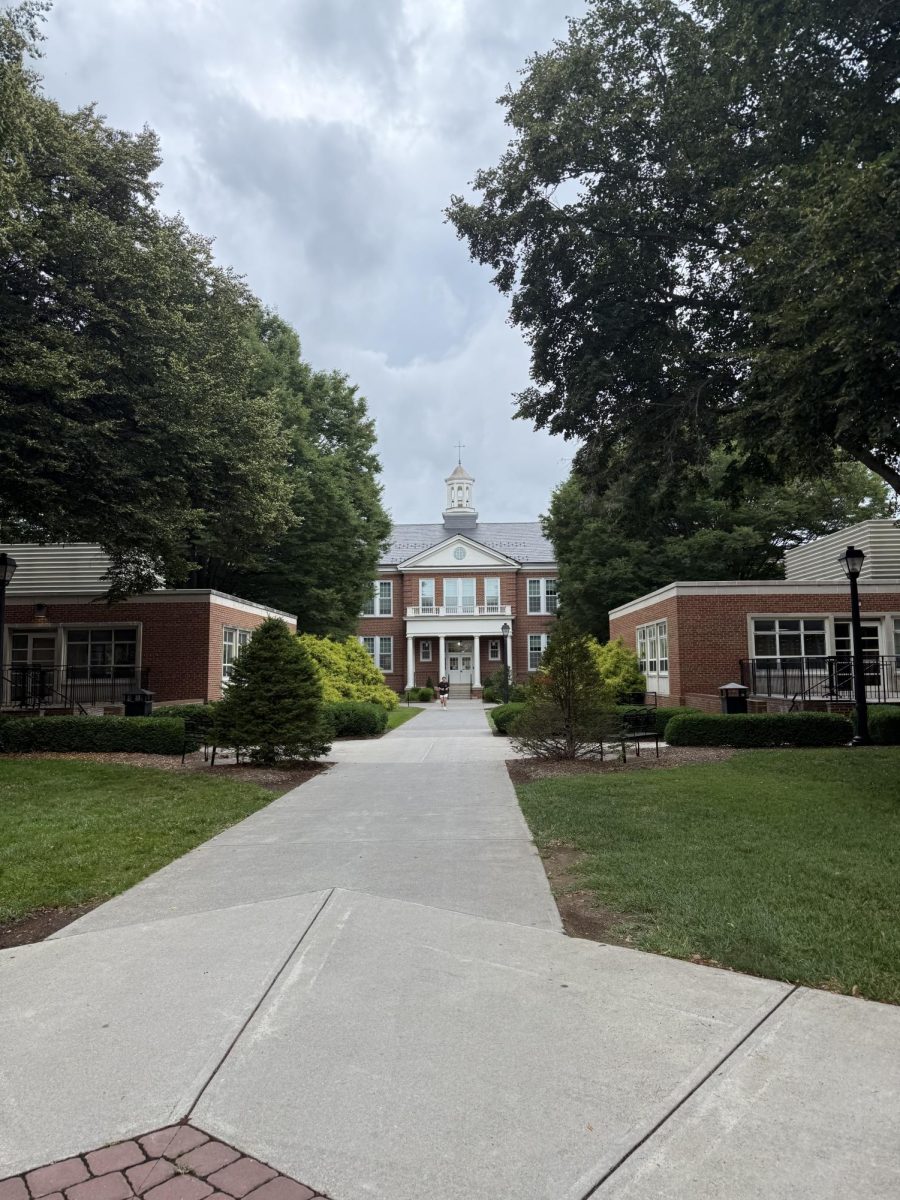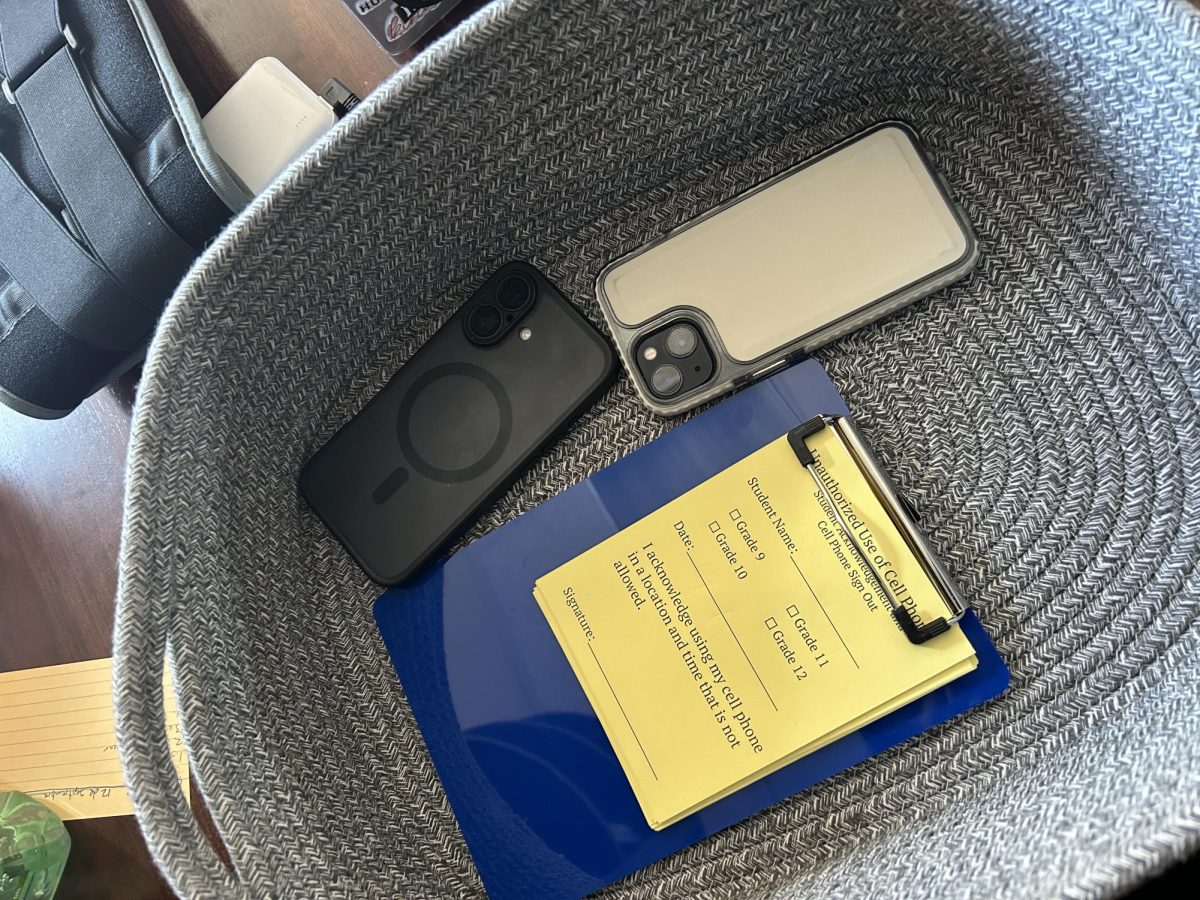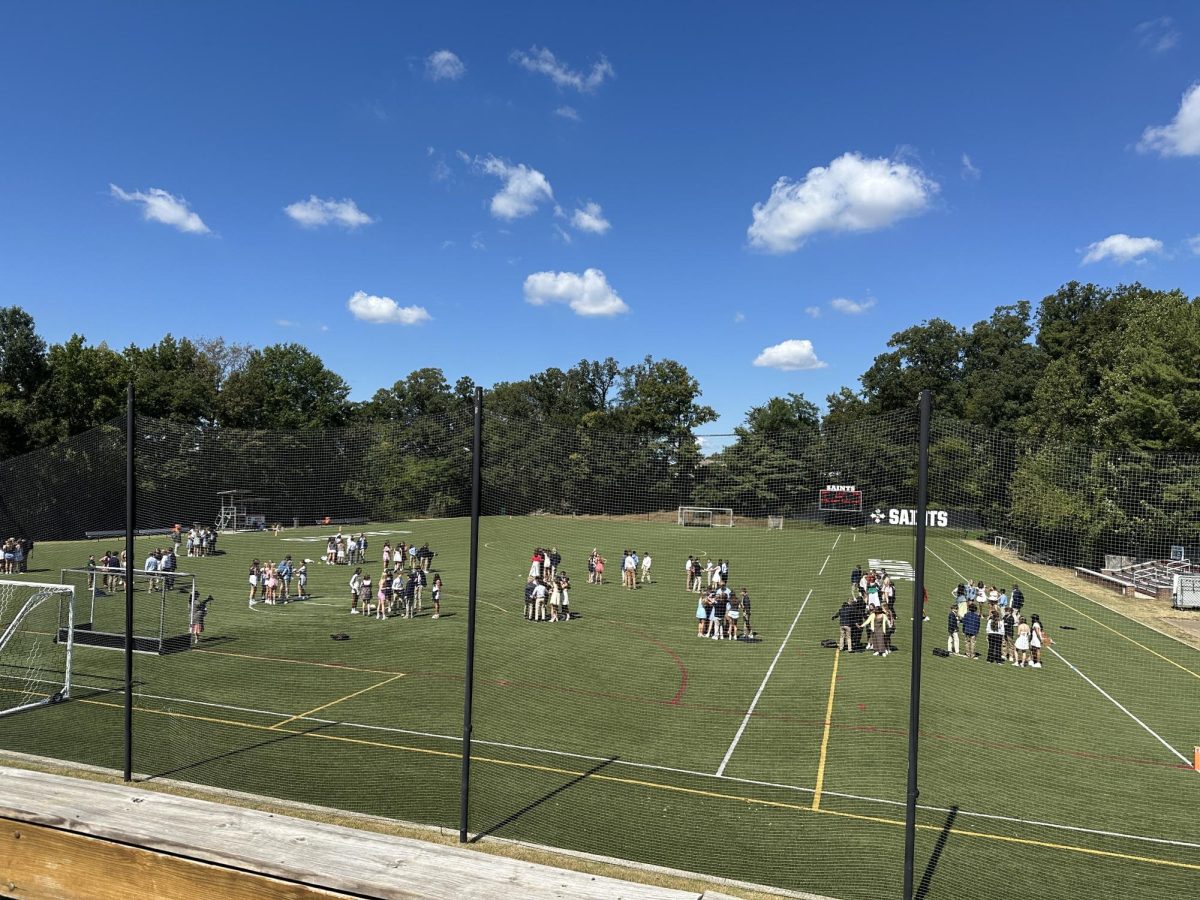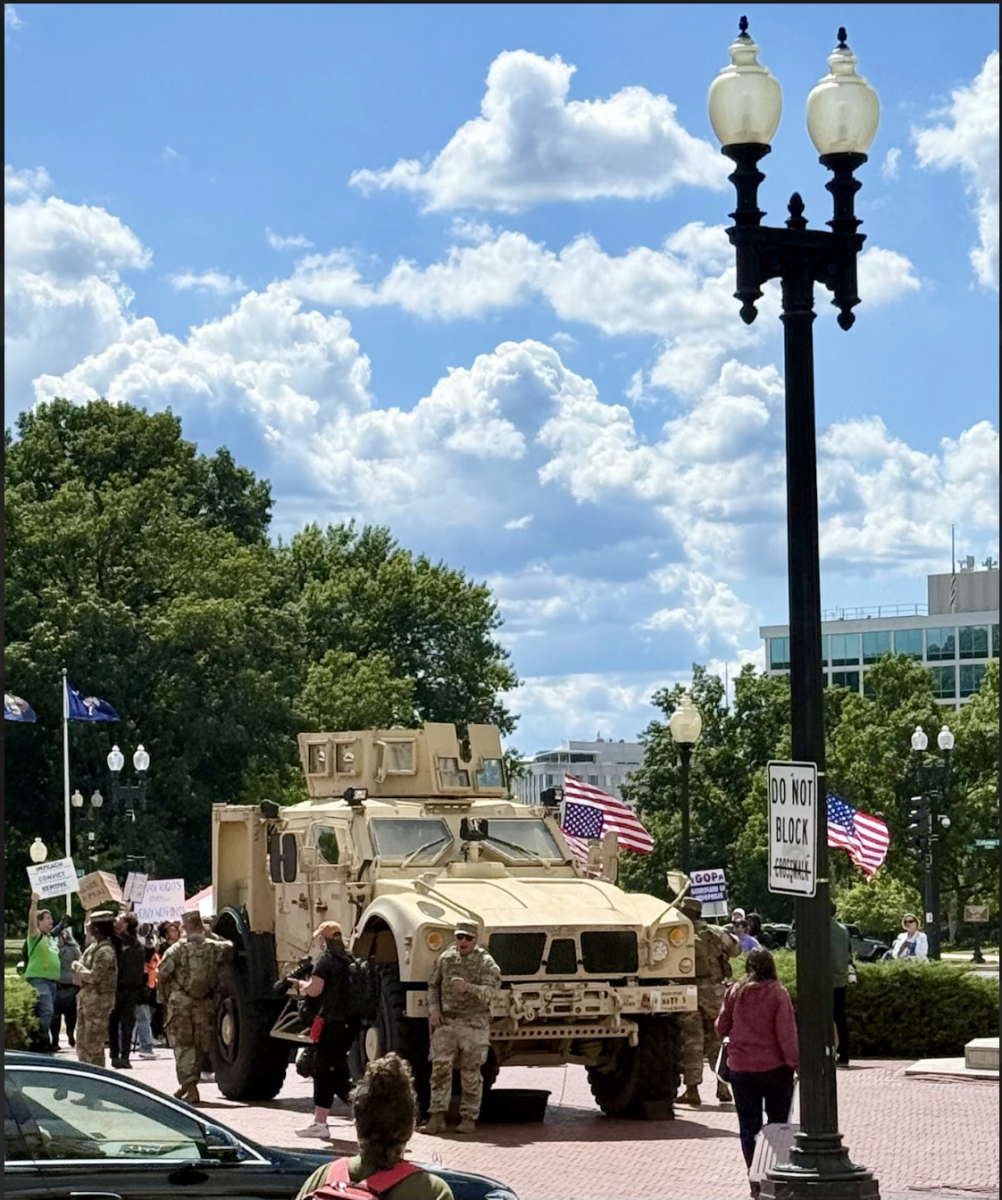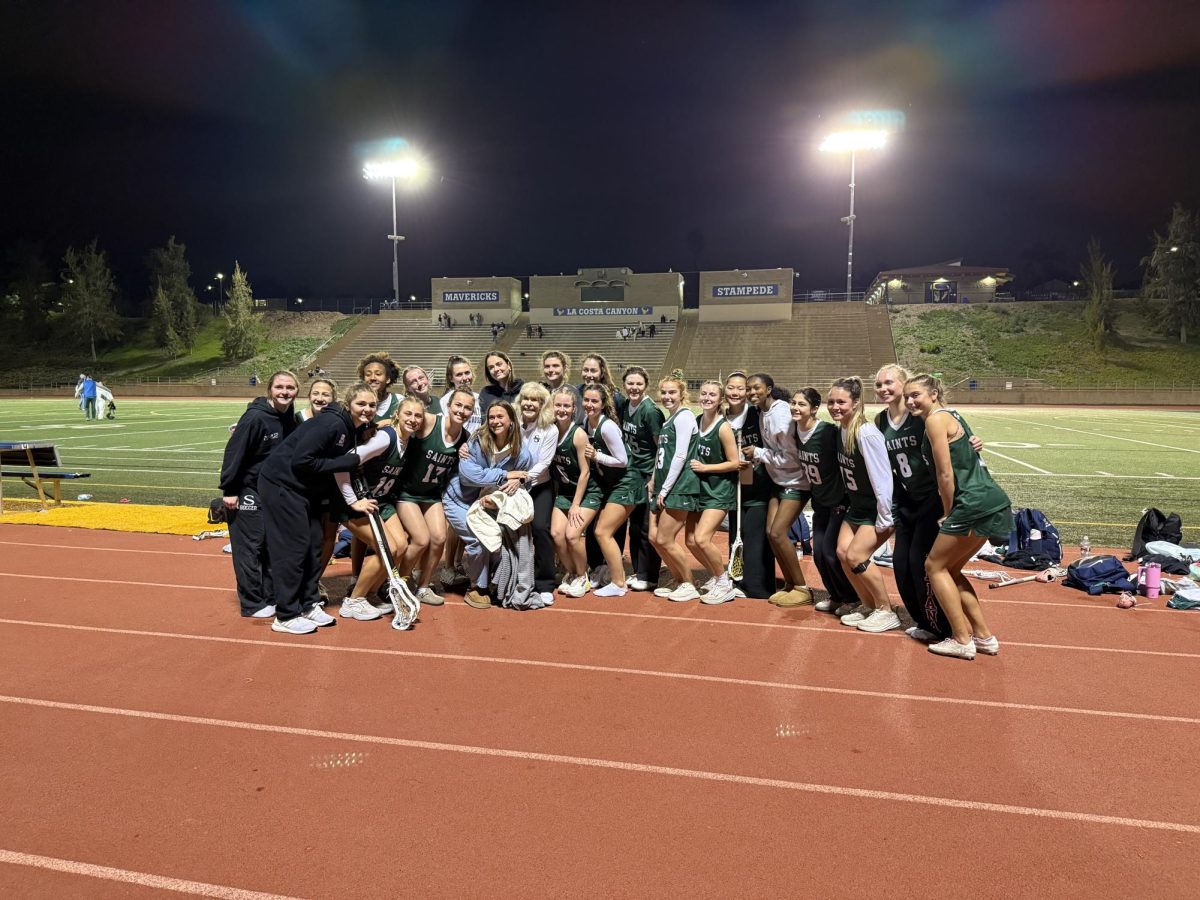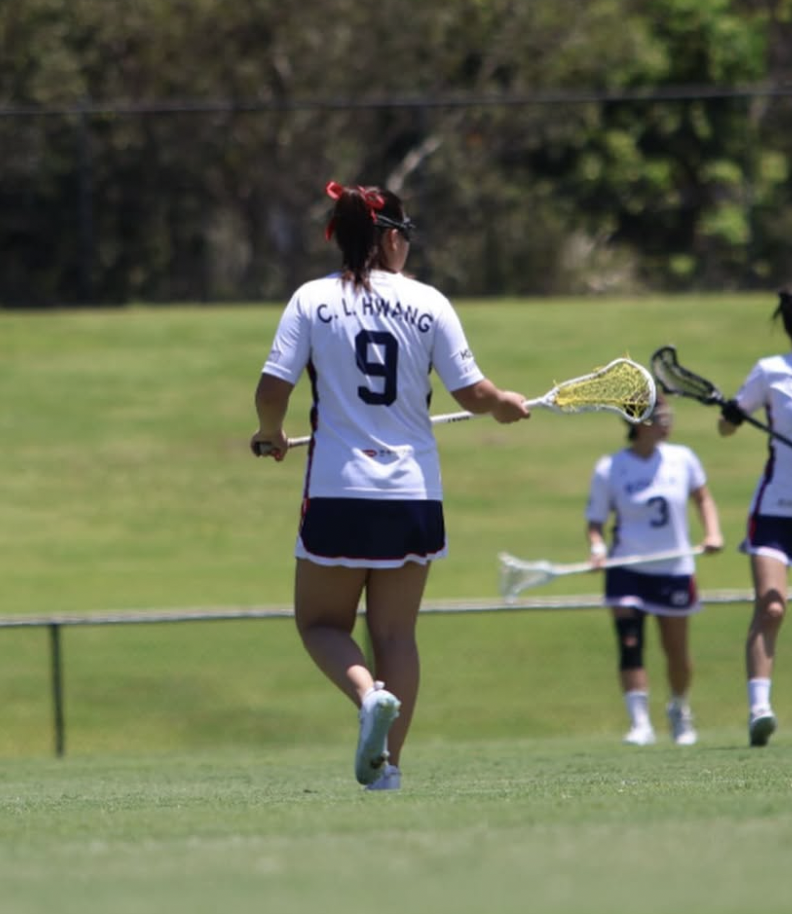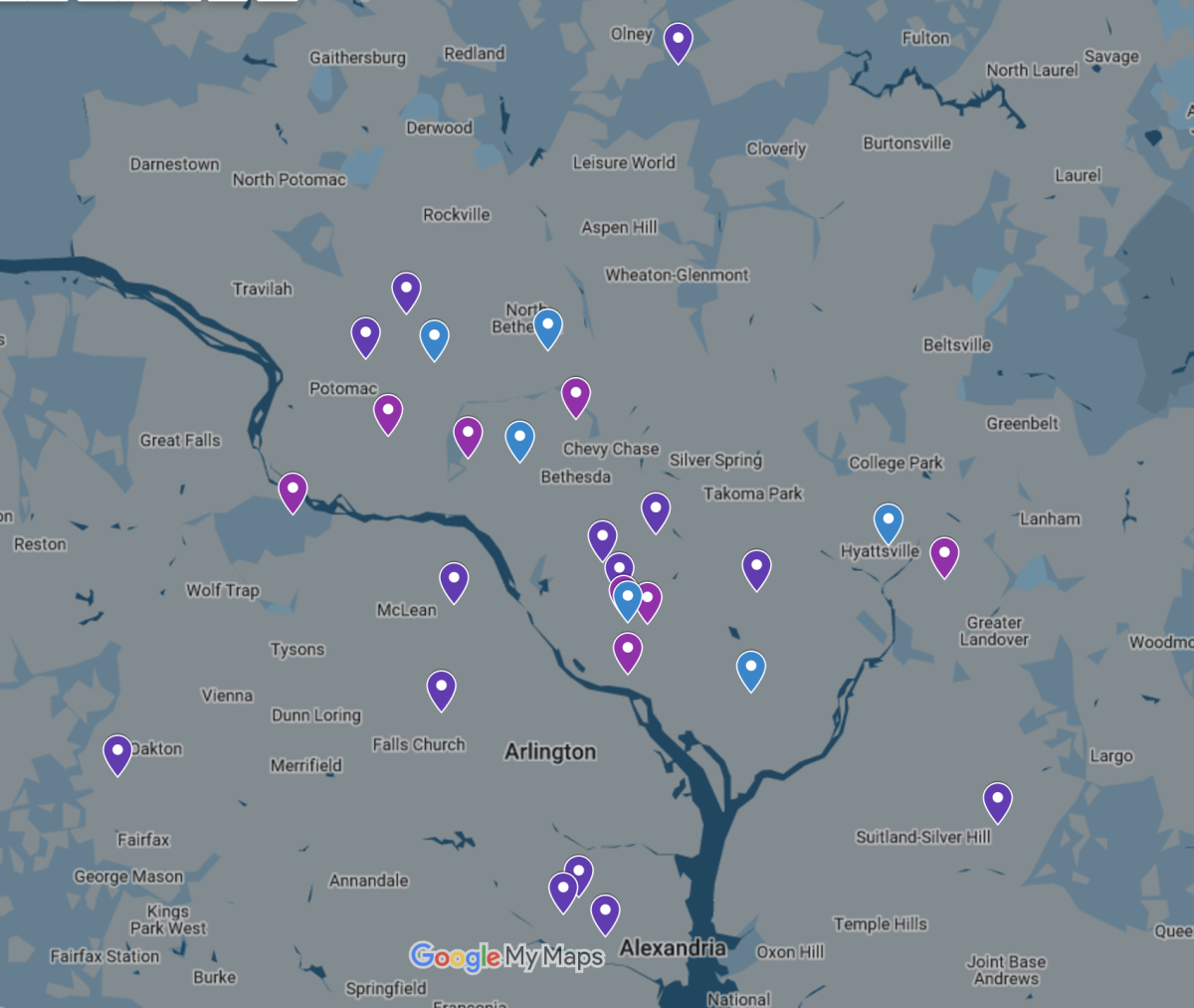If you have an after-school job, you are among the many teenagers in the US who are part of the workforce. The current teenage part-time employment rate has reached a 14-year high, which means that the employment rate within teens hasn’t been this high since almost 15 years ago. According to The Washington Post, about 37% of teens between the ages of 16 and 19 are employed, a percentage which has not been this high since 2010. The rise in teenage jobs followed a long decline spanning over 4 decades. This increase only spiked in the 2010s and has been steadily increasing since then.
I talked to Laura Duffield (‘24) about her experience working at Rockland’s Barbecue and Grilling Co. She worked a job over the summer as a restaurant hostess and worked anywhere from 20-22 hours a week. She remarked that she enjoyed working while she had her job but had to quit once she returned to school. The reason for this was because the place she was working at wanted her to keep working the same number of hours per week she did during the summer. She felt that it wasn’t sustainable to keep working the amount of hours she was during the school year due to the amount of time she dedicated to schoolwork and sports.
I also sent out a form to our Saints community to get a sense of how many people at our school work part-time jobs. I received 30 responses, and out of those responses, 76.7% of people said they had a job. Twenty percent of people said they didn’t, and 3.3% said other. Some of the more common jobs were working retail, being a hostess/host, babysitting, and working within sports.
Out of the 30 responses, 25 people said their job paid them. Out of those 25, people made 17$ per hour, on average, but the span was very wide, ranging anywhere from 12-35$ per hour. Some people stated that they felt they weren’t paid enough and wished to be paid more, considering their main reason for working was for extra cash.
I interviewed another SSSAS student, Sydney Worsham (‘24), and asked her about her experience working. Sydney works at the Michaels Arts and Crafts store in Bradlee Shopping Center after school. She works alongside many Alexandria City HS students. She goes in about 10 hours per week during the school year, and 48 during summertime. She states how she takes 2 days off every week (Monday and Wednesday) to give her days to focus on schoolwork. She gets home around 10 pm on the days she works, but says that her schoolwork isn’t affected. She makes $12 an hour but soon will begin a new job at New Balance, where her wage will increase to $15.50.
When asked about their work hours, roughly 59% of SSSAS poll respondents answered that they did work less than 10 hours per week. About 38% said they worked between 10-20 and 3% said they worked 20+. When asked what was their favorite part about working, about 30% of people said that they enjoyed working because of the incentive of making money, which aligned with the Washington Post details. Some of the other responses included seeing coworkers, meeting customers, interacting with people, and working with kids. Another recurring answer was feeling a sense of accomplishment and financial freedom. When asked their least favorite part about the job, many people responded with making minimum wage, long hours, workload, and working with angry/rude customers.
Many people included that they wouldn’t recommend working a job with long hours due to limited time available because of school. Only one respondent said they wouldn’t recommend working, due to the minimal pay and workload/hours. Overall, most people said that they think working is a positive experience and a good way for them to make money, increase their productivity, and gain financial independence.
Another student I talked to was Finley Knutson, (‘25) who works as a hostess and nanny all year. She is paid $12 an hour hostessing and $20 an hour nannying. She really enjoys her nannying job but said the only thing that is difficult is when she has to drive them to new places, because she’s not the best with directions. She said she doesn’t really like her hostessing job, because even though it is a good job, she doesn’t feel very comfortable in the place she works. She is looking to get a new job, maybe in retail.
She would recommend working to other Saints. She feels like jobs are great life experiences. “Especially in the service industry, you get a good sense of how to treat people and be on the other side of how your actions can impact other people. If you do have other surrounding activities which I totally get- it might be nice to have a job that maybe you can work one day or volunteer somewhere.” She feels that she has benefited in many ways from her work experience. She has gained a lot more confidence. For her hostessing job, she has to answer the phone and call people back, something she couldn’t do before that job. She also has to speak to new people in both jobs. Since she is a nanny, she kind of has to speak for them (the kids she watches) in a way because they are little.
“Before I started hostessing, I was a busboy first at the same restaurant. I was working in the tap room, a smaller room that is for adults only and is across from the kitchen. In order to move the plates to the kitchen, you have to put them on this cart that has horrible wheels and is not secure at all. My servers piled the cart so high, and I could not put the extra dishes anywhere. I started to move the cart slowly, and as soon as I started pushing the cart, all the dishes fell and broke onto the ground. I was really embarrassed, but at a restaurant it happens all the time, so I just cleaned it up and kept going on my shift.”
Syd Worsham highly recommends working with other students. She emphasizes the importance of starting as early as possible, to be able to have a savings fund and get work experience. She enjoys working but also states that some aspects of working aren’t ideal, like her management and customers. She’s also had some very interesting and even scary work encounters. “I had someone come into the store with a gun looking for my manager.” She also highlighted that the area she works in is also somewhat known for being dangerous.
She reiterates that she definitely recommends working, even though there are downsides. In her opinion, working as early as possible helps people gain experience, which will help them be more qualified for future jobs they may apply for.
